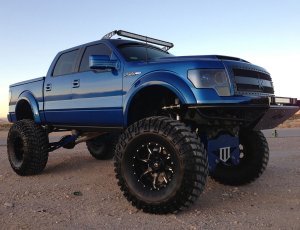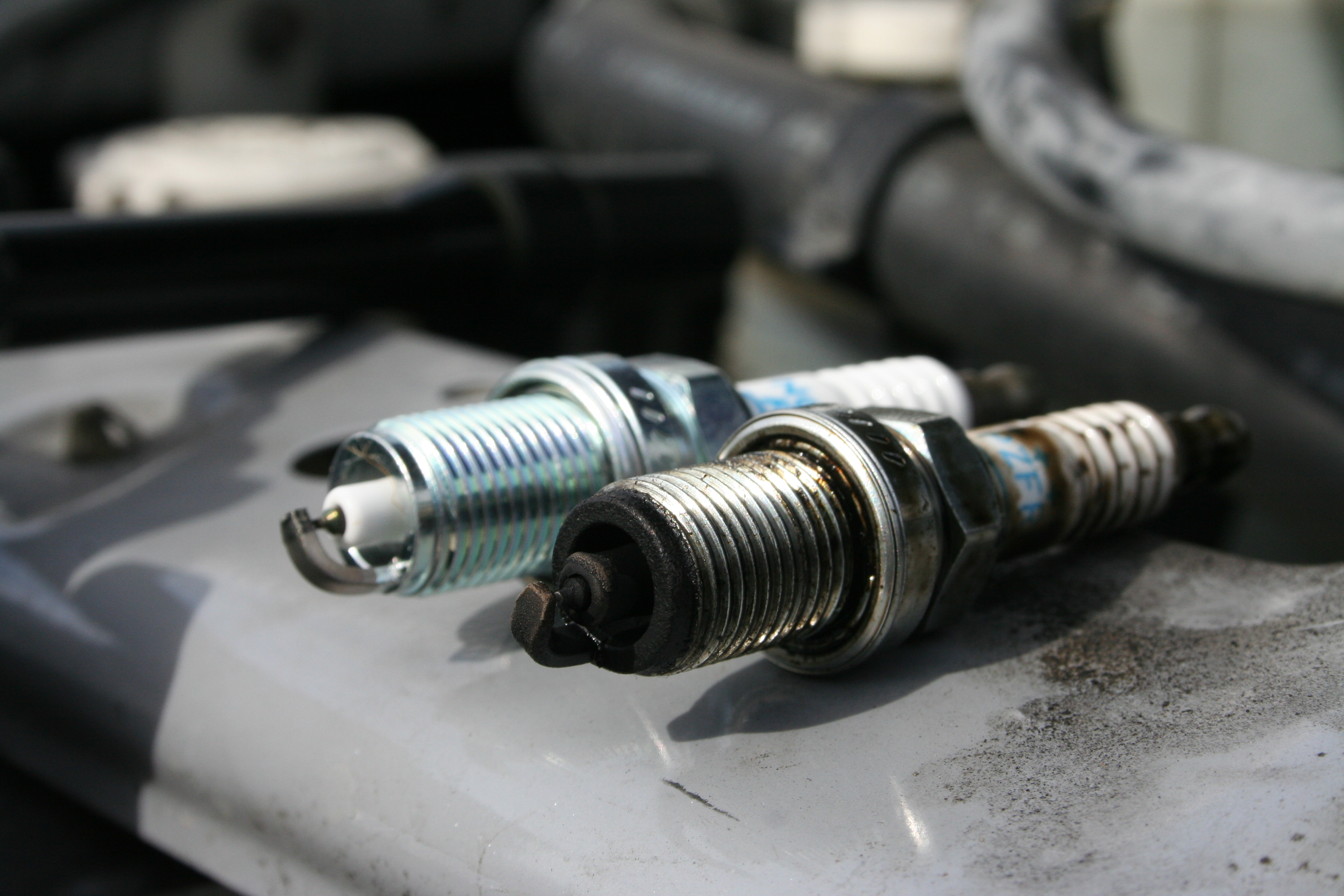Posted on 5/25/2017

So you got a new set of wheels – congratulations! You’re going to want to hang onto it as long as possible, so you’ll want to keep it maintained as well as you can. Here are some suggestions:First, read the owner’s manual carefully and stick to manufacturer’s recommendations for service intervals. There are certain things that are critical enough that failure to adhere to recommendations can void a new car warranty. Don’t let that happen!For instance, just about every manufacturer recommends synthetic oil for their engines; it provides better protection in just about every respect, and it’s more stable at high and low temperatures. If your owner’s manual prescribes a 10,000-mile oil change, stick with that and be sure to use the brand and grade of motor oil called for in the manual.Apply a good coat of wax to your vehicle, and another one on top of that. A properly waxed vehicle does more than just look good, it helps repel grit and grime ... read more
Posted on 5/11/2017

So you’re in need of a set of tires for your truck? No problem! The question is, though, what kind of tires are going to be best?First, you’ll need to think about what you use that truck for. Will you regularly be hauling heavy loads or pulling a trailer? Do you expect to keep it on the pavement for the most part, or will you occasionally go off-road? If you go off-road, will it be on soft dirt or will you be plowing through brush, mud, and rocks? And finally…what’s your budget?If you’re wanting to keep it on the pavement most of the time and your truck is a daily driver for errands, school, soccer, and grocery runs, all-season tires are probably the right choice. All-season light truck tires can rival the best passenger tires when it comes to noise level, handling, ride quality and road manners while offering good, reliable traction on wet or dry pavement.All-terrain tires feature a more aggressive tread pattern than all-season tires and are capable ... read more
Posted on 4/27/2017

In the old days, a tune-up was necessary about every 35,000 miles. It would usually consist of setting the ignition timing, replacing the mechanical breaker points in the ignition, cleaning and adjusting the carburetor and replacing the plug wires and spark plugs. Today, of course, the carburetor’s job is done by fuel injection and the ignition timing and spark are controlled by the engine computer. Few vehicles still have plug wires anymore either, as the distributor was replaced by the computer and a coil-on-plug design which delivers a spark at each spark plug. But what about the spark plugs themselves, though? How often do they need to be replaced now? Manufacturers tout an 80k-100k mile service interval on spark plugs now, thanks in part to improvements in plug design and materials. That might be stretching it, however. Remember that if you have a 100,000-mile spark plug, its electrode is worn down 4/5 of the way at 80,000 miles. A worn electrode means a wider spark plug gap ... read more
Posted on 4/13/2017

Even just a pound or two of underinflation in your tires can be a problem. Why, though? There are several reasons. Fuel economy: If you ever rode a bicycle with a low tire, you know that it feels like you’re riding through wet cement due to the added rolling resistance. The same thing is happening with your car, and compromising your fuel economy. Over the course of 10,000 miles per year, that can add up to 150 gallons of gas or $500 out of your pocket!Handling: Low tire pressure means poorer control and longer stopping distances. At high speeds, in particular, this can be downright hazardous.Premature tire wear: Underinflated tires are under a lot of stress, especially their steel belts. Take a paper clip and work it back and forth until it snaps. Feel how hot it gets when the metal is stressed? The same thing happens with the steel belts in your tires, which are already heating up anyway due to normal wear. This heat and stress will cause uneven tread wear a ... read more
Posted on 3/30/2017

So you come out to start your car one morning and the Check Engine light on the dashboard comes on…and doesn’t go back off again. You can’t really notice any difference in the way the car runs and drives, but it’s on anyway.What does it mean?Since the late 80s, most engine functions have been controlled by a central drivetrain computer. This includes emissions controls, fuel metering and delivery, ignition timing, shift points and many other elements of drivability and performance. The drivetrain computer relies on information from a chain of sensors that monitor exhaust composition, camshaft position, throttle position and many other factors.The voltage readings from any of these sensors are supposed to fall within a certain range. When these readings are out of normal parameters, the drivetrain computer stores a trouble code and illuminates the Check Engine light (also known as a Malfunction Indicator Lamp or MIL). Some problems on some makes may take several ... read more